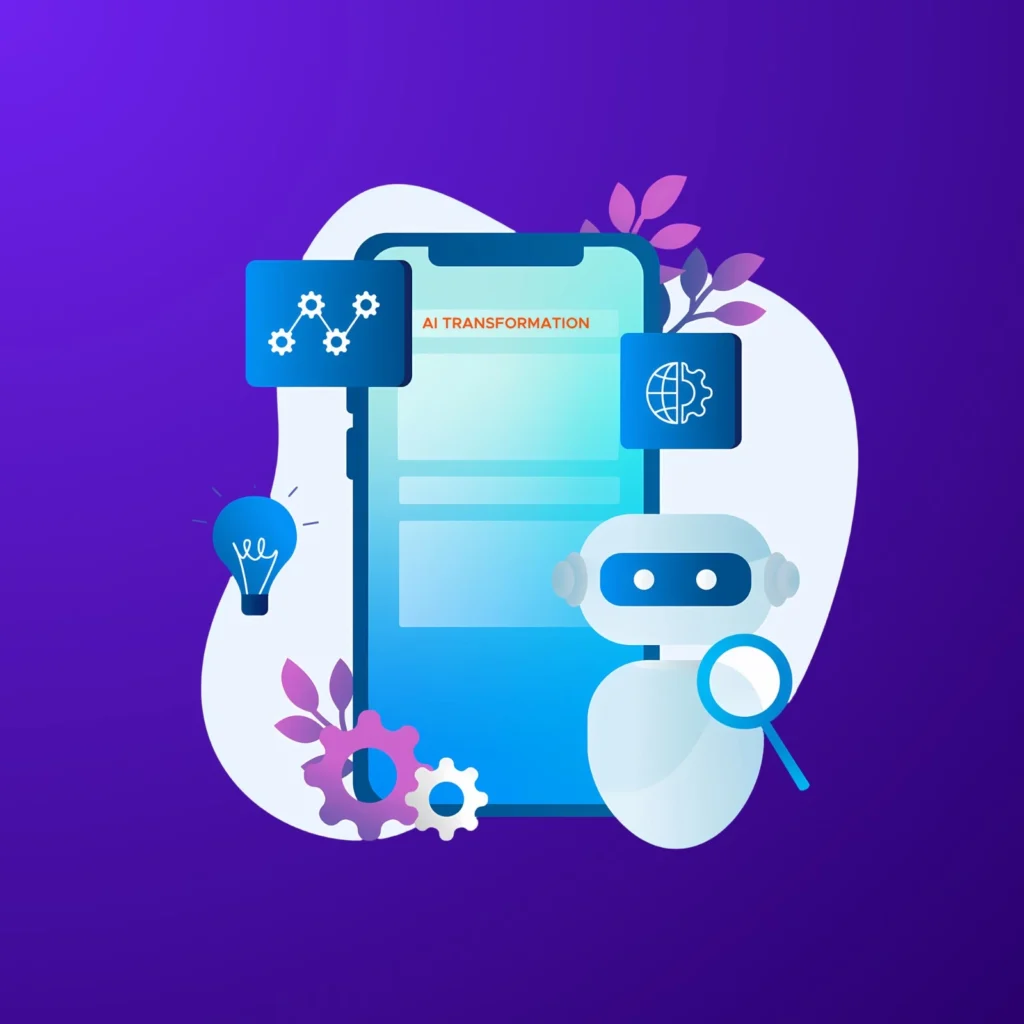With continuous digitalization and advancements in technology, customer expectations are rising, and this is true for all industries. Now, customers expect a personalized buying experience, 24×7 customer support, omnichannel interaction with businesses, and more.
Meeting customer expectations doesn’t come cheaply – if you keep employing more and more human agents to accommodate customers. But that is an economically ‘naive’ solution – impossible for businesses with limited resources.
Thus, business professionals need a solution that can elevate customer experience without increasing operational costs. Well, this is precisely where Conversational AI comes into the picture.
What is Conversational AI?
Conversational AI is a set of technologies, including NLP (Natural Language Processing), ASR (Automatic Speech Recognition), TTS (Text to Speech), and Machine Learning, that enable humans to interact with computers (bots) in natural language through human-like conversations.
For example, you can talk to virtual assistants (Siri, Alexa, and Google Assistant) in natural language instead of navigating through a menu or standard, hard-fastened process.
However, the scope of conversational AI is expanding beyond virtual assistants. Businesses have started using conversational AI bots, such as Voicebots and Chatbots, to automate business processes, from sales to support to specific use cases.
Applications of Conversational AI
For commercial purposes, here are the most common applications of Conversational AI
- Voicebot
Voicebots, also referred as Talkbots or Conversational IVRs, are a way to automate calls. Which means, when a customer calls the company, a bot will answer the call and have a conversation with the customer. It could be the other way around, I.e., the bot calling the customer.
- Chatbot
Businesses leverage AI-powered Chatbots to automate customer interactions across digital (Chat) channels – such as text, Messenger, WhatsApp, website, and mobile apps. Like Voicebots, Chatbots talk with customers whenever customers reach out to businesses.
Typically, Voicebots and Chatbots are built on the same underlying technologies (NLP and Machine Learning). Voicebots has extra layers of ASR (Automatic Voice Recognition) and TTS (Text-to-Speech) to incorporate the voice element.
- AI Agent Assist
An AI Agent Assist, as the name suggests, is an AI-Powered virtual assistant that finds answers for human agents while they are talking (or texting) with customers. Typically, AI Agent Assists are built on top of cognitive QnA technology. Thus, they can find answers from unstructured datasets – Word, PDFs, website pages, and knowledgebase. They can train themselves through unsupervised learning.
- ASR as a Service
ASR (Automatic Speech Recognition) is AI-based transcription (Converting Voice to Text). In contrast to old methods of transcriptions, ASR provides high accuracy at lower costs.
Use Cases of Conversational AI
- Sales
Businesses create hyper-personalized, delightful buying experiences for customers, tailored to their buying journeys, with the help of Conversational AI Voicebots and Chatbots. Customers can reach these Chatbots and Voicebots whenever they want, and the bots act as ‘Robo Advisors’ and provide customers with appropriate information.
Conversational AI Chatbots and Voicebots point customers in the right direction, helping them make faster decisions, which results in shorter sales cycles, and eventually more sales.
You can also leverage bots to make appropriate, personalized recommendations to upsell and cross-sell.
- Support
Customer support is one of the most common use cases of Conversational AI. Elevating customer experiences and providing omnichannel, 24×7 support need not be costly. You can deploy AI-Powered Voicebots and Chatbots to save costs involved in recruiting, training, and operating human agents for performing tasks that bots can manage.
With conversational AI Voicebot and Chatbot, you can automate up to 90% of customer queries – it may vary depending upon the business and industry. Also, customers love bots because of
- self-service
- 24×7 customer support
- No wait time. Immediate response
- Omnichannel and multilingual capabilities
- Industry-Specific Use Cases
Besides sales and customer support, which are common across all verticals, conversational AI Voicebots and Chatbots solve industry or business-specific use cases.
For example, in the banking space, the bots are used to enable conversational banking – make transactions, get account statements, locate physical branches, apply for new accounts/loans, and manage credit/debit cards.
In insurance, the conversational AI Voicebots and Chatbots simplify and accelerate Claims settlements, especially Claims FNOL.
Also, there are various industries, such as healthcare, eCommerce, Travel & Hospitality, real estate, and education, where Conversational AI Chatbots and Voicebots are popular.
Summary
Businesses across countries and industries are adopting Conversational AI Chatbots and Voicebots to elevate customer experience and reduce support costs. They are a win-win for businesses as well as customers. For businesses, they drive growth by increasing sales, reducing support costs, and increasing CSAT scores. For customers, they elevate customer experience, providing 24×7 support to customers and creating hyper-personalized buying experiences.



